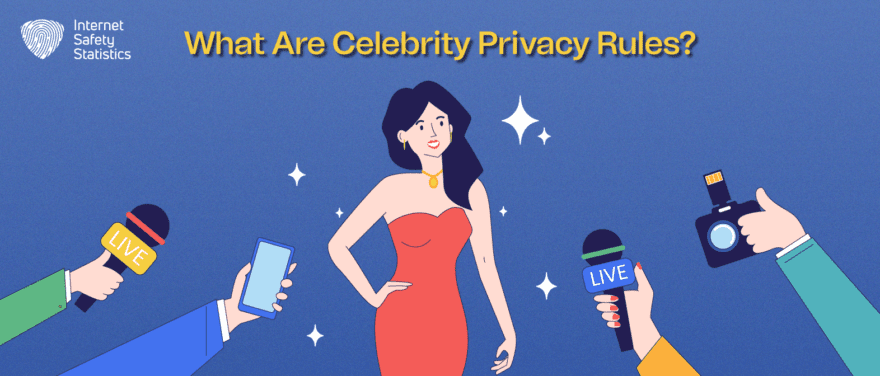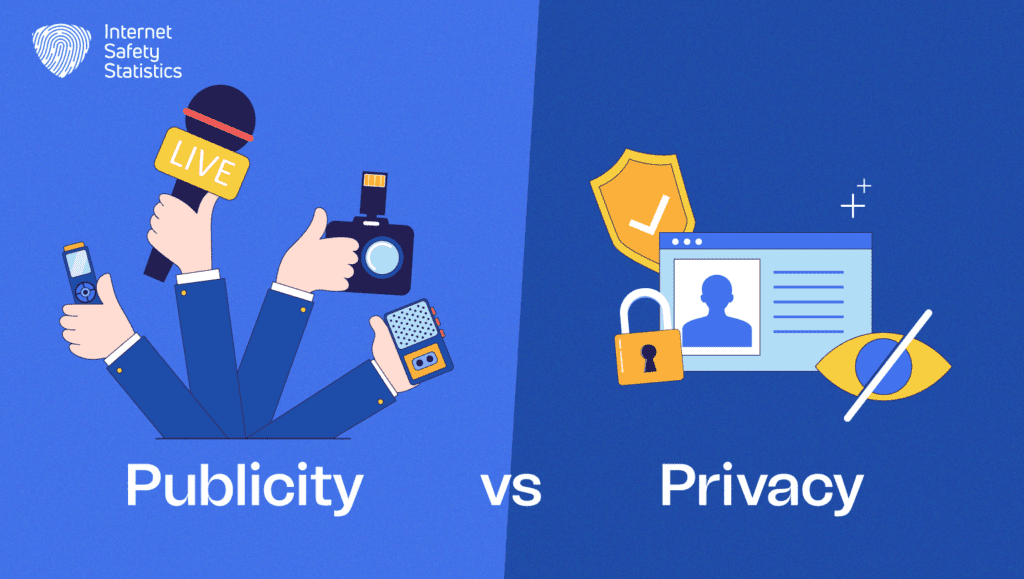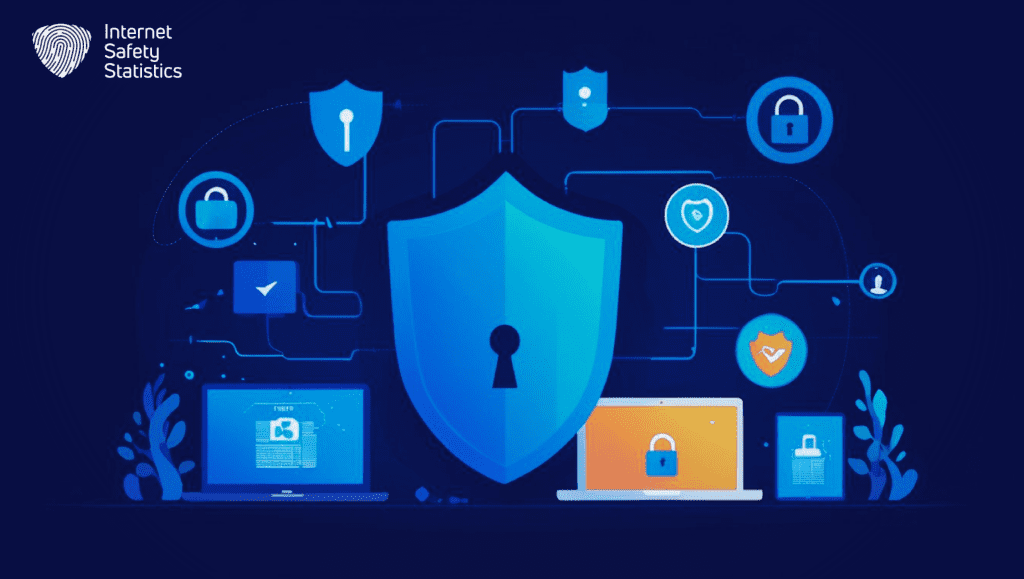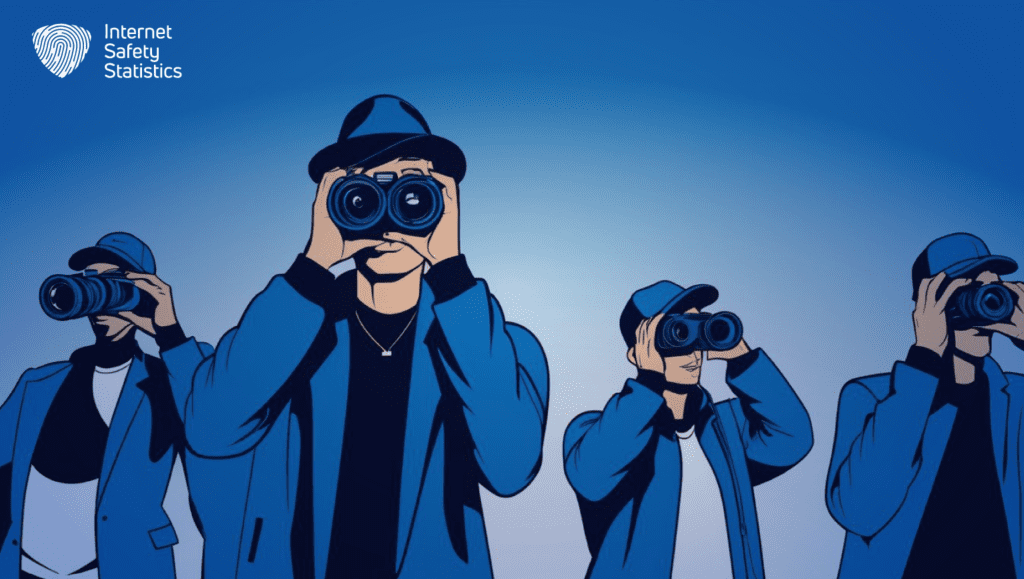
Celebrity privacy rules are put in place to protect the personal lives of public figures from the incessant scrutiny of the paparazzi. These rules aim to prevent the invasion of privacy and allow celebrities to live without constant intrusion. Such rules may include restrictions on using telephoto lenses, limitations on following celebrities in certain spaces, and guidelines on taking photos without consent.
The goal is to balance the public’s interest in knowing about their favourite celebrities with their right to privacy and personal space. However, these rules are often challenged and violated, leading to ongoing debates about the boundaries of privacy for public figures.
Celebrity Privacy and Rights
While we crave access to our favourite celebrities, the question remains: where do we draw the line between public interest and their right to privacy?
Understanding Celebrity Privacy Laws and Regulations
Globally, legal frameworks regarding celebrity privacy differ. Some countries, like Germany, have robust right-to-privacy laws that extend to public figures. Others, like the United States, lack a federal law, leaving privacy protection fragmented by state statutes and common law. This creates a complex mosaic of protections, leaving celebrities seeking recourse amidst legal grey areas.
Public Interest vs. Right to Privacy for Celebrities
The media often justifies intrusions into celebrity privacy under the “public interest.” But what constitutes public interest? Gossipy tidbits and paparazzi photos rarely shed light on critical issues. Conversely, exposing financial misconduct or harmful actions by a public figure can serve a significant public good. Navigating this balance requires careful consideration of the information’s newsworthiness, the potential harm to the celebrity, and the public’s right to know.
Exclusivity of Privacy Rights for Celebrities
Do celebrities deserve more privacy than ordinary citizens? The argument can be made that their chosen careers bring a certain level of scrutiny and expectation of public exposure. However, this line of reasoning risks devaluing their fundamental right to control their personal information and narrative. Regardless of profession, everyone deserves a space for privacy and autonomy.

Case Law and Celebrity Privacy Rights
In the case of the Kardashian injunction, the reality TV star successfully obtained a court order to prevent the distribution of a private video featuring her and her ex-boyfriend. This case established the legal principle that individuals have the right to prevent the unauthorised dissemination of intimate or private material.
Similarly, Prince William’s lawsuit against paparazzi harassment resulted in a judgment in his favour, reaffirming the right of public figures to privacy and protection from intrusive media coverage. This case emphasised the boundaries of acceptable journalistic practices and the need to respect the personal lives of celebrities.
These landmark cases have influenced the development of privacy laws and the definition of privacy rights in the context of celebrity culture. They serve as important reminders of the legal responsibilities of the media and the public in respecting the privacy of individuals, regardless of their fame or public persona.
Data Protection for Public Figures
Data protection for public figures is crucial in today’s digital age, where personal information can be easily accessed and exploited. Public figures have the right to protect their private data and images through the right of publicity, which grants them control over the commercial use of their name and likeness.
Their personal information cannot be used for financial gain without consent. Public figures must be vigilant in safeguarding their data to prevent potential privacy breaches and unauthorised use of their images. Public figures must work with legal professionals to uphold their data protection rights.
Data protection concerns extend beyond traditional paparazzi intrusions in the age of social media and constant surveillance. Celebrities face heightened risks of online stalking, doxing, and the monetisation of their data. Ensuring adequate data protection for public figures while respecting freedom of expression is another aspect of this complex equation.
Privacy Rights and Personal Data
Privacy rights and personal data have become increasingly important in the digital age. Individuals can control how their personal information is collected, used, and shared. Companies and organisations have a responsibility to protect the privacy of their customers and employees by implementing secure data storage and processing practices.
With the rise of social media and online platforms, concerns about data privacy have grown, leading to stricter regulations and laws to safeguard personal information. Individuals and businesses must stay informed about privacy rights and adhere to best practices for handling personal data to maintain trust and security.
The Right to Protect Personal Data
At the core of data privacy lies the right to control one’s personal information. This encompasses various aspects, including:
- Transparency: Knowing what data is collected, by whom, and for what purpose.
- Access: Requesting and obtaining copies of your data held by organisations.
- Rectification: Correcting inaccurate or incomplete personal data.
- Erasure: Having your data deleted under certain circumstances.
- Restriction of processing: Limiting how your data is used.
- Portability: Transferring your data to another organisation easily.
GDPR and Privacy Rights for Celebrities
The European Union’s General Data Protection Regulation (GDPR) sets a high bar for data privacy globally. It applies to any organisation processing the personal data of EU citizens, regardless of the organisation’s location. This has significant implications for celebrities, as their fame often extends beyond national borders.
Under GDPR, celebrities enjoy the same data privacy rights as citizens. However, the nature of their work can make it challenging to exercise these rights. Paparazzi photos and social media posts may be considered personal data, but public interest arguments can complicate their ability to control their online image.
Unauthorised Use of Personal Information
The unauthorised use of personal information is a major privacy concern. This can include:
- Data breaches: When hackers use personal data for malicious purposes.
- Identity theft: When someone steals your personal information to assume your identity.
- Surveillance: When governments or corporations track your online and offline activities without your consent.
- Targeted advertising: When companies use your data to send you personalised ads.
Confidentiality and Data Protection

Confidentiality is a key aspect of data protection. This means that organisations must keep your personal information confidential and secure. They must implement appropriate technical and organisational measures to protect your data from unauthorised access, disclosure, loss, or destruction.
Breaches of data confidentiality can have serious consequences for individuals, including financial losses, reputational damage, and even identity theft.
Breach of Privacy and Personal Data of Celebrities
The breach of privacy and personal data of celebrities has become a serious concern in today’s digital age. With technological advancements, it has become much easier for hackers and unauthorised individuals to access sensitive information about public figures.
The Paparazzi Paradox
Fueled by tabloids and social media, Paparazzi culture thrives on capturing candid moments in celebrities’ lives. This relentless pursuit can be intrusive and harassing, often crossing ethical and legal boundaries. From hounding celebrities on the streets to employing drones for aerial surveillance, the tactics employed can be downright invasive.
The Data Deluge
Beyond the physical realm, the digital age has opened up a new frontier for privacy breaches. Social media leaks, hacking incidents, and the unauthorised sale of personal data expose celebrities’ private information to the masses. From embarrassing photos and private messages to financial records and medical history, no detail seems safe in the ever-expanding digital landscape.
The Consequences of Exposure
The consequences of such privacy violations can be far-reaching. Leaked nude photos can lead to public shaming and career damage, while hacked financial information can put celebrities at risk of identity theft and financial ruin. The emotional toll can be immense, with anxiety, depression, and even post-traumatic stress disorder becoming common repercussions.
The Legal Landscape
Legal frameworks surrounding celebrity privacy vary across jurisdictions. Some countries, like Germany, have robust privacy laws that extend strong protections to public figures. Others, like the United States, lack comprehensive federal legislation, leaving celebrities to navigate a patchwork of state laws and common law precedents.
The Public Interest Defense
Media outlets often justify intrusions into celebrity privacy under the guise of “public interest.” However, this defence is often misused, with trivial gossip and salacious details masquerading as newsworthy information. True public interest should focus on matters of genuine societal concern, not the mundane aspects of a celebrity’s personal life.
Finding a Balance
Striking a balance between public interest and the right to privacy is crucial. Open discourse, responsible journalism, and robust legal frameworks are essential in protecting celebrities from unwarranted intrusions.
Legal Framework for Celebrity Privacy

The question of balancing a celebrity’s right to privacy with the public’s appetite for information is complex, often demanding a sophisticated legal framework. Let’s delve into the legal landscape surrounding celebrity privacy, focusing on the UK and broader European contexts.
UK Privacy Laws and Regulations
- Data Protection Act 2018: This act implements the EU’s General Data Protection Regulation (GDPR) in UK law, granting individuals control over their personal data and holding organisations accountable for its misuse. Celebrities can leverage this law to protect their personal information, including photos, addresses, and medical records.
- Harassment Act 1997: This act criminalises persistent or unwanted contact that causes alarm or distress. Celebrities can use it against paparazzi or fans who engage in stalking or other intrusive behaviour.
- Misuse of Private Information Act 1998: This act prohibits the unauthorised collection, publication, or disclosure of private information, including photos, videos, and conversations. This offers significant protection for celebrities against intrusive paparazzi tactics and media leaks.
Human Rights Act and Celebrity Privacy
- Article 8: The Human Rights Act enshrines the right to respect for private and family life. Celebrities can invoke this to challenge intrusive media activities or unauthorised data collection practices.
- Balancing Act: While Article 8 guarantees privacy, it is not absolute. Courts must balance it against other competing rights, such as freedom of expression. This creates a complex scenario for judges, particularly when considering media publications about celebrities.
European Convention on Human Rights and Privacy of Celebrities
- Article 8: Similar to the Human Rights Act, Article 8 of the European Convention on Human Rights (ECHR) also protects the right to privacy.
- Case Law: The European Court of Human Rights has set important precedents in celebrity privacy cases. Most notably, in Murray v Express Newspapers, the court ruled that photographs of a celebrity’s child published without consent violated their privacy rights.
Media Laws and Privacy Rights
- Press Complaints Commission (PCC) Code of Practice: This code, now replaced by the Independent Press Standards Organisation (IPSO) Code, established ethical guidelines for reporting on celebrities—these guidelines aimed to minimise intrusive practices and protect individuals’ privacy.
- Defamation: Celebrities can sue for defamation if media outlets publish false or damaging information about them. This serves as a deterrent against irresponsible reporting and helps protect their reputations.
The Intersection of Privacy and Publicity Rights
- Publicity Rights: In some jurisdictions, including the US, celebrities have additional legal rights associated with their name, image, and likeness. These rights can be used to control the commercial exploitation of their persona.
- Balancing Act: The intersection of privacy and publicity rights can be tricky. While celebrities have a right to control their commercial image, some argue that this shouldn’t extend to suppressing entirely truthful information about their private lives.
As society grapples with the challenges posed by the paparazzi paradox, the legal community, media organisations, and the public must collectively strive to strike a fair and ethical balance between the public’s right to know and the fundamental right to privacy for celebrities.
